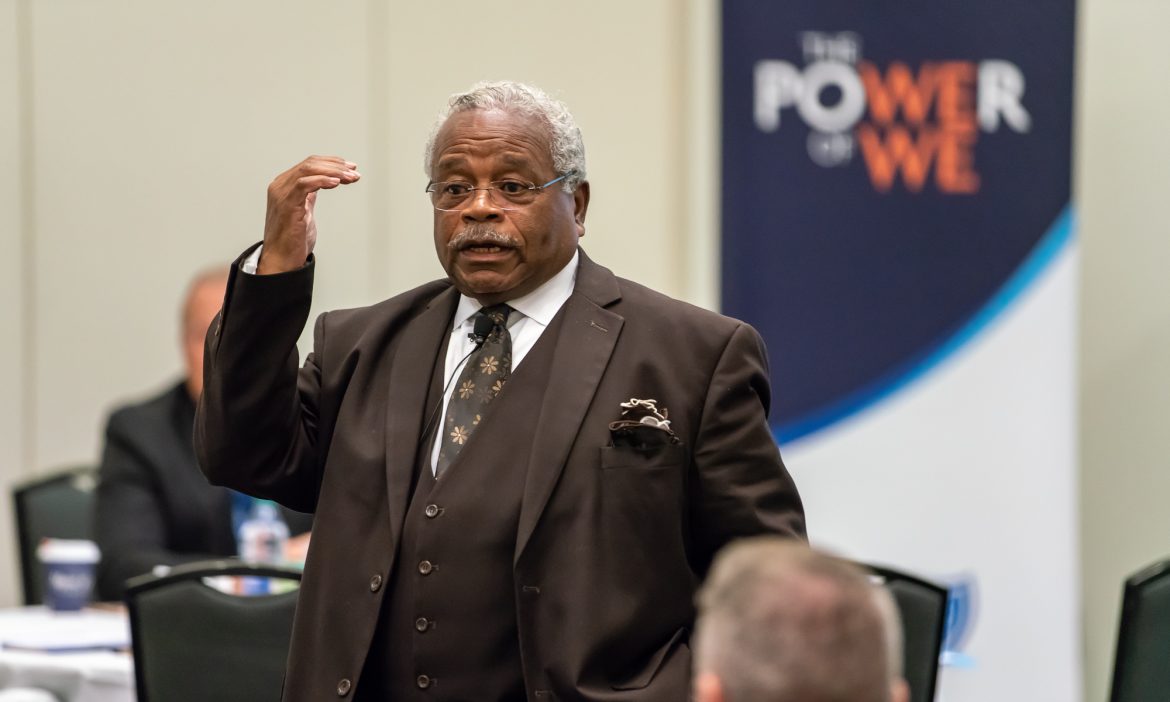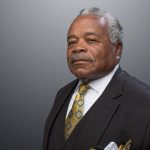Originally published in The Tennessean, March 2019
Since I joined BlueCross BlueShield of Tennessee three decades ago, I’ve watched our leaders – and all our people – grow in a shared commitment to the principles of diversity and inclusion, making us better able to serve the individuals, families and communities in our state.
Our recent recognition by Forbes as the nation’s third-best employer for diversity was never the goal. But it is evidence we’ve successfully created a workplace where everyone is respected for who they are.
Why inclusion matters
We know it’s the right way to treat people. We also know inclusion gives us a competitive advantage in a market where we have to compete for talent and for the business of every member we get to serve.
I’ve often said that an organization can either be intentionally inclusive or unintentionally exclusive. But what does it mean to be intentional about inclusion? And how do we go about it in our areas of influence?

The first area many people think of is recruiting. And it absolutely matters, but it doesn’t work the way people sometimes assume. We do have goals for representation in our workforce, but we work to hire the best candidate for every job.
What we’ve learned is that making the effort to have diverse candidate pools and diverse interview panels, especially for management roles, helps ensure we aren’t overlooking great people.
Our approach has been successful at building a strong team and broadening the diversity of our workforce.
Our latest data shows we’ve increased the number of ethnic minorities in management roles by 93% over the past four years. And we’ve increased the number of women in management roles by 48%. These shifts help our leadership team better reflect the diversity of our 3.5 million members and our 6,000 employees across the state.
Bringing new perspectives to the leadership table will pay dividends for years to come as we serve both employees and customers.
Helping our communities grow
We’re also working to help cultivate young talent across the state by supporting programs like a technology academy at a diverse local high school and establishing a scholarship fund for minority accounting students. And each year, our foundation awards three $10,000 scholarships to outstanding minority students who are entering the health care field.
We reach out to our communities in other ways, too. We have operations across the state to meet the needs of our members – and we need business partners to help us do that. So it’s important that we source suppliers led by people with diverse backgrounds. From 2016-2018, we increased our spending with diverse suppliers (minority-, women- and veteran-owned companies) by 24.7%.
This is another example of how intentionality makes all the difference. We make a concerted effort to ensure diverse business owners bid for our business – and we get better results when we have more options to consider for each type of good or service.
Giving voice to all employees
But being intentional is more than a single event or policy. It extends to what people experience each day. Are their ideas taken seriously? Can they see a future for themselves?
Our employees say yes.

Through a broad offering of career development and cultural learning opportunities, our employees better understand differences in people’s value systems and how they communicate. These efforts, combined, help us better serve our members.
Being member-focused means listening and learning about what people want and need. And having an engaged, diverse workforce helps surface voices we might miss otherwise.
All of this work ultimately helps us develop tailored solutions to deliver on our first priority: improving the health of the people we serve here in Tennessee and beyond.


 Ron is responsible for cultivating a corporate culture where diversity and inclusion are aligned with the company's strategies and values. He provides strategic leadership and counsel for diversity initiatives within the organization, including diversity awareness training, recruitment, cultural competency training, employee development and community outreach.
Ron is responsible for cultivating a corporate culture where diversity and inclusion are aligned with the company's strategies and values. He provides strategic leadership and counsel for diversity initiatives within the organization, including diversity awareness training, recruitment, cultural competency training, employee development and community outreach.